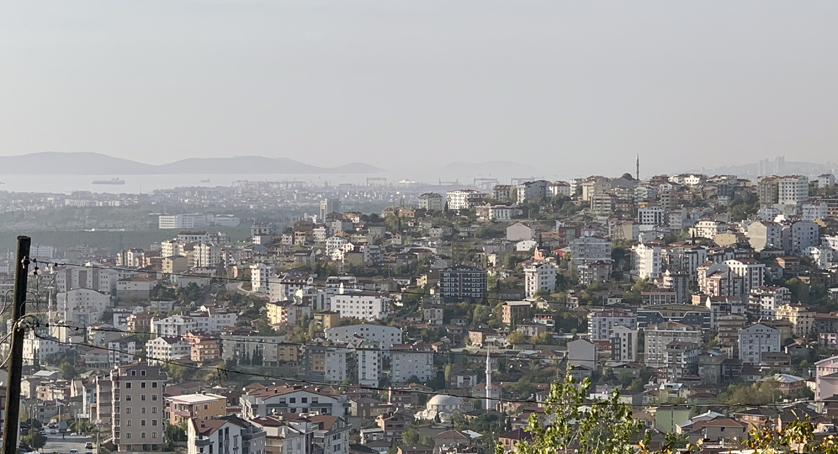Islam and the Left in Indonesia and Turkey

Summary
This study examines the transformation of the social bases of Left-wing politics into those of Islamic politics in two major Muslim-majority societies, Indonesia and Turkey. In both countries, outcomes of Cold War-era social conflict and subsequent global economic integration have facilitated this process. The study examines specific communities where such transformations have taken place, exploring the implications for democracy and social conflict. In Indonesia, the focus is on old communist party bases; in Turkey on former radical union strongholds. It links this to the broader question of why secular regimes, even after long periods of economic development, can give way to a politics based on identity and appeals to religion. While the purveyors of Islamic politics are becoming more influential in many Muslim-majority countries, they cannot be understood in isolation from social transformations, including attendant change in social aspirations, articulations of political demands and ongoing struggles for hegemony. By linking Islamic politics to socio-economic change and the demise of the Left at the level of communities, the study provides a unique lens to examine the conditions providing it fertile ground.
Investigator
Professor Vedi Hadiz (University of Melbourne)
Themes related to this project
Research projects
- Architectures of Imagination: Bodies, Buildings, Fictions, and Worlds
- Azuchi Screens Research Network
- Beyond Identity: Romanticism and Decreation
- British Romanticism and colonial modernity in India, 1780-1840
- Climate Science Denialism and its populist Analogs
- Critique, Creativity, Innovation
- Extremism and the Australian Imaginary
- Gothic Fictions: Emotion, Contagion, and the Transformation of Experience in Modernity
- Human Kind: transforming identity in Australian and British portraits 1700-1900
- Islam and the Left in Indonesia and Turkey
- Kenzaburo Ōe and William Blake: Modernity, Romanticism, Japan
- Literary Romanticism and the Media of Romantic Love
- Natural Born Subjects: A Cultural History of Naturalization in Britain and the Australian Colonies, 1660-1850
- New tastemakers and Australia's post-digital literary culture
- Observation and Analogy in Enlightenment and Romantic Natural History
- Reconstructing museum specimen data through the pathways of global commerce
- Regency Flash: Britain, Ireland and Australia, 1788-1848
- Romantic Worlding
- The Butterfly Men of Kuranda: natural history dealers in the 'deep north'
- The George Lyell Collection
- The Past and Present of Sugar
- The Pasts and Futures of Virtual Reality
- Theorising the online anti-public sphere
- War-Widow, Mother, Slave, Refugee: Andromache in Romantic Europe
- William Blake and the History of Imagination: Poetry, Prophecy, and Secularization
- World Literatures, Theatres and Cultures research network